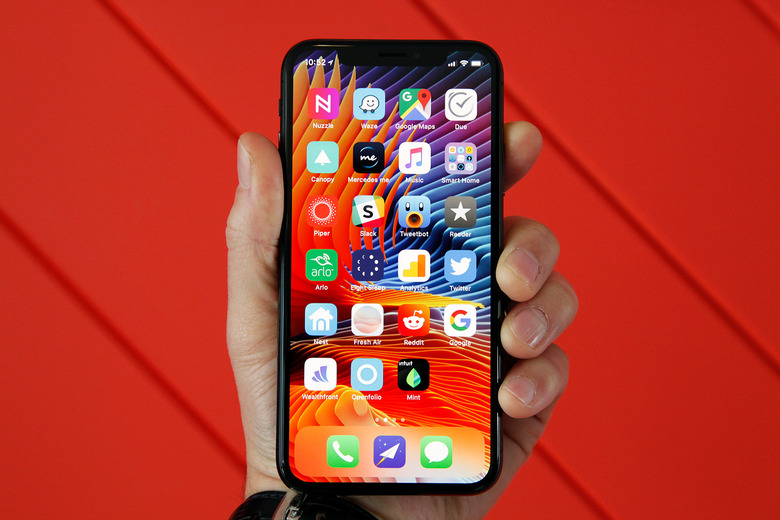Qualcomm Wants To Stop Apple Selling The AT&T & T-Mobile iPhone X
We just learned that Apple has accused Qualcomm's Snapdragon chips of violating several of Apple power-related patents, a lawsuit that may have adverse implications for Android device makers, and we already have a serious response from the US-based chipmaker.
Qualcomm on Wednesday sued Apple again, alleging that several iPhones, including 2017 and 2016 models, violate several Qualcomm inventions related to cellular connectivity, power efficiency, and 3D imagery. Yes, it really looks like Qualcomm is going after the iPhone X, iPhone 8, and iPhone 7.
Discovered by Apple Insider, the new complaint says Apple infringed five patents. Two of them cover communication with cellular carriers. One patent describes technology used to reduce power consumption in mobile chips such as Apple's A10 Fusion processor that powers the iPhone 7 models, and a different one also targets the same chip, focusing on the SRAM memory unit logic.
The fifth patent describes technology involved in the process of 3D imagery that contains depth data. That's the kind of image processing needed to make possible features like Portrait Mode and Portrait Lightning on Apple's 2016 and 2017 iPhones.
As expected, Qualcomm wants to obtain an injunction against infringing devices — preventing Apple from selling them — as well as damages. In this case, infringing devices are the iPhone X and iPhone 8 models that use non-Qualcomm modems. That covers the devices sold directly by AT&T and T-Mobile.
From the looks of it, the Apple vs. Qualcomm legal quarrel is already very dark and full of perils. The sooner the two giants settle these matters, the better for everyone involved, consumers and partners included. But both Apple and Qualcomm can afford a long and tedious court battle, especially the former.
After all, we've seen this before in the Apple vs. Samsung fight that still isn't done many years after its start. Apple may be the moral victor in it, but there's no denying that Samsung's approach of copying the iPhone and then suffering the consequences has worked out just fine.
